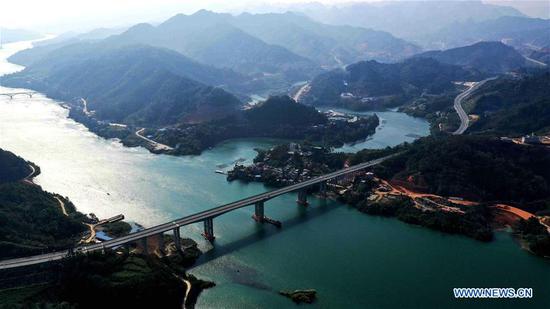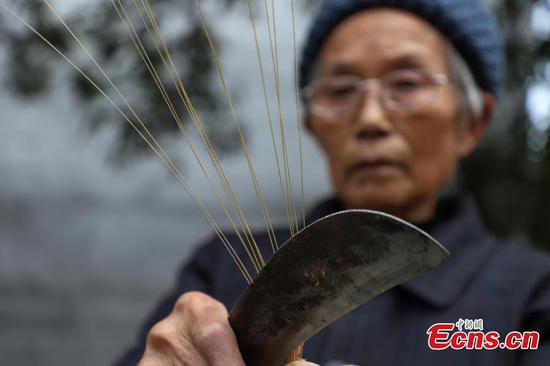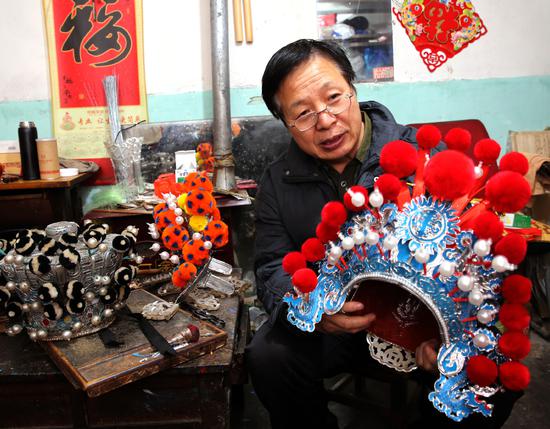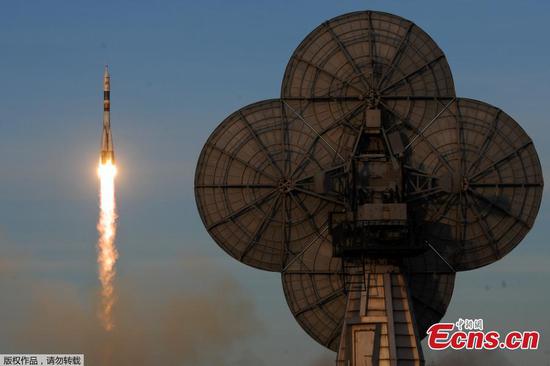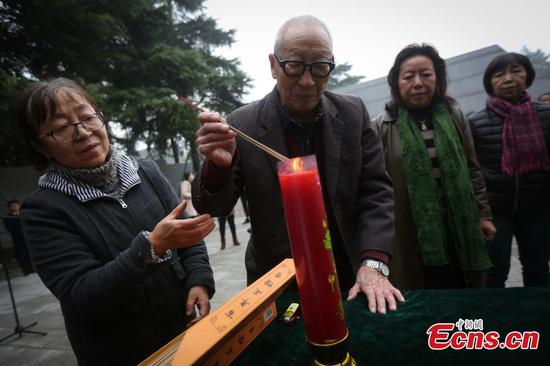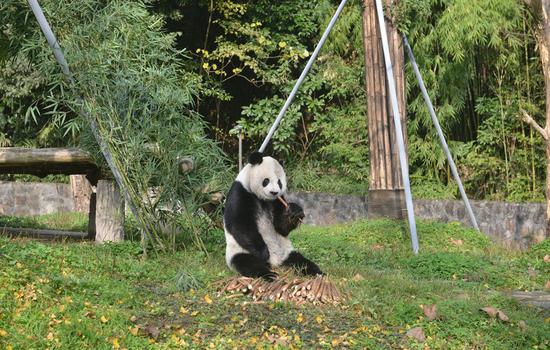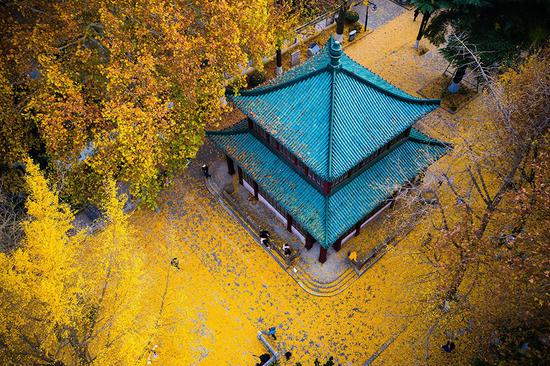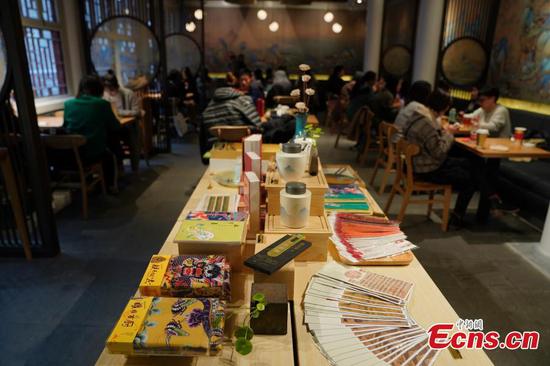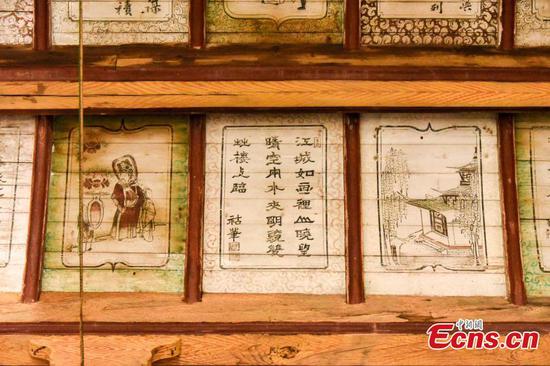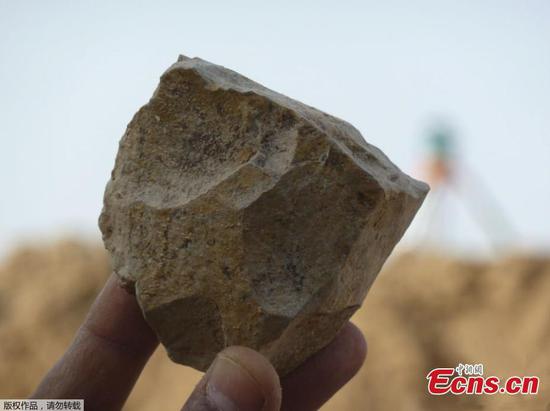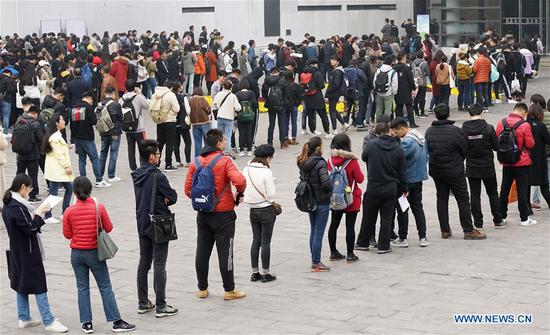
Li Lifeng, coach driver (CHINA DAILY)
Li Lifeng was thrilled when he drove his coach on the Xi'an-Hanzhong Expressway for the first time when it opened to traffic in 2007. The new road was smooth, straight, and when he accelerated both Li and his passengers felt safer and more relaxed.
Xi'an and Hanzhong are cities in Shaanxi province that sit on either side of the Qinling Mountains, a landmark range that provides a natural boundary between North and South China.
About 15 years ago, Li started shuttling between the two cities as a coach driver. Before the highway was built, he and his peers used a spiraling mountain road that featured hairpin bends and the ever-present danger of crashing.
"That road was very narrow and hilly, and we always had to stop to let oncoming vehicles pass," the 50-year-old said, adding that it often took eight to 10 hours to complete the journey of about 300 kilometers.
The new highway shortened the travel time to three and a half hours, meaning the drivers could make a return journey plus a one-way trip every day.
In addition to faster journeys, the new highway brought more passengers and, in turn, higher revenue.
"We beat the train!" Li said. "The coach was cheaper and much faster than the train, which took nine hours to complete the journey, so of course we became the top choice for travelers."
His company had 30 advanced Volvo coaches departing every day from Xi'an, each full of passengers. They made three stops on the return journey and additional passengers almost always filled any vacant seats.
"Over those 10 years our company alone generated profit of at least 300 million yuan ($43 million)," he said.
However, the once-booming business saw a steep decline after a high-speed train began operating last year, cutting the journey time to less than 90 minutes.
"People used to stand in long lines at the three stops and we never worried about filling vacant seats during the return journey-now we can't get 10 passengers," Li said.
"Not only the high-speed train, but more private cars, ride-hailing services and several other travel alternatives began to pop up, so fewer and fewer people use the coach anymore."
When coaches became emptier, Li's company cut the original 30 coaches to 13, and he no longer needed to drive so he began doing office work instead. He said the company's goal has been transformed from "How to make more profit" to "How to reduce losses".
In response, the central government has issued policies to alleviate the situation.
Li said the 17 unused coaches are often used by travel agencies to carry groups of tourists, and the company plans to cooperate with more online travel agencies to improve business.
"Transportation is changing so rapidly these days, becoming faster and more comfortable. That's how transport is supposed to develop, and we were lucky to benefit from the reform and opening-up policy," he said.












